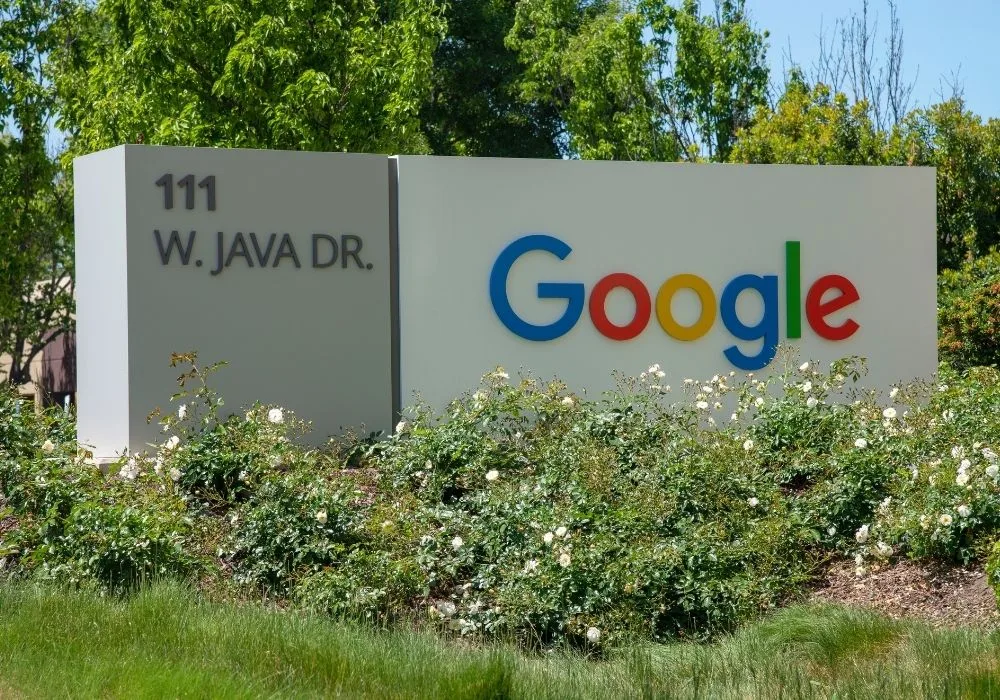By Tim Glomb, VP of Content and Data, Cheetah Digital
Cookies allowed companies to target the best consumers at the best times, generating more concentrated leads, but only provided a general idea of the buyer’s wants and needs. While they could identify certain purchasing habits or interests, at best, they were guesses based upon small pieces of information. In order to take digital marketing to the next level, personalisation is key,
Google is putting the third-party cookie to death in favor of a somewhat controversial new technology called a FLoC, a Federated Learning of Cohorts. This new approach to data acknowledges consumers’ fears about data privacy because, instead of cookies that track an individual user across the internet, the system creates groups of like-minded individuals and uses them as buyer personas to direct marketing initiatives forward.
The worldwide shift away from third-party cookies and toward FLoCs, as spearheaded by Google, is a step back instead of a step forward. Technology ought to be optimised for greater detail and precision, while simultaneously addressing consumers’ concerns about privacy. This new advancement, however, does neither.
Understanding what FLoCs mean for digital marketing
In a nutshell, Google’s new FLoCs will gather data about a large group of like-minded consumers. Instead of individualised data, personalisation will be based upon a group’s shared values and preferences. Google’s shift to this new system will inevitably change the outlook for marketers worldwide, whether or not they use the platform for their own marketing initiatives.
Many companies employ Google as a core tenet of their marketing strategy, given that the platform is an industry leader. However, if brands automatically shift towards FLoCs, they will miss an already existing opportunity for personalisation. If digital marketers switch to FLoCs, they will be taking a step backward because data will become less specific. They will only have general ideas about consumer desires, instead of knowing the things they explicitly care about.
This shift will ultimately be costly to consumers who, according to a report from Accenture, already expect companies to provide a certain degree of personalisation. In their study, Accenture found that 91% of consumers said they were more likely to shop with brands that offer personalised offers and recommendations.
But these offers aren’t just generated out of thin air. They are usually crafted with the help of third-party data, like those cookies that are losing their popularity. FLoCs will not be able to provide the layers of data needed to meet customers’ expectations of personalisation.
All in all, by phasing out cookies, consumer data will be inferred and not learned, which is extremely similar to the function of the cookie.
Why psychographic data is more effective
At Cheetah Digital, we have pioneered digital consumer engagement and provided brands with specific information about consumers, but without the suspicious hidden methods that make buyers concerned about cookies. Instead of third-party data, the firm uses zero-party data that goes straight to the consumer to collect information.
Brands who utilise zero-party data collection with Cheetah Digital’s strategies end up owning the collected data, instead of “renting” it from other big-ticket sites. Customers are approached with clear intentions from the start, ensuring trust and transparency from the beginning. Zero-party data also allows brands to collect more specific information than simply internet behaviors of their consumers. Brands can ask consumers about their purchasing habits and expectations, what they hope to see from the company, and how they can better serve consumers’ needs.
There is an opportunity for CMOs arising from Google’s shift away from third-party cookies. This dramatic change in marketing strategy provides brands with the opportunity to choose a new path, different from FLoCs, and focus on zero-party data instead. This momentum away from cookies is the perfect opportunity, Glomb said, for companies to begin gathering explicitly-declared, psychographic data.
Consumers want personalisation and privacy at the same time, but FLoCs are an insufficient fix to these concerns. Zero-party data can, and will, bridge the gap between personalisation and privacy by offering customers a chance to interact with brands directly. The death of the cookie does not mean the death of personalisation, but a new age in digital marketing strategy that is more honest and more effective.









